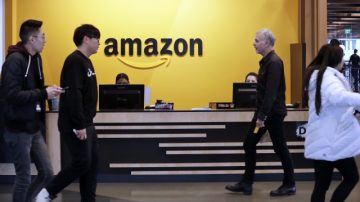Sanjukta Paul in The American Prospect:
 Antitrust law, established originally to limit corporate power, has become its friend. Think about the following anomalies:
Antitrust law, established originally to limit corporate power, has become its friend. Think about the following anomalies:
• If a group of independent truck drivers forms an association to jointly bargain their prices, that combination is a cartel: automatically illegal, perhaps criminal. But if the same truck drivers go to work for a company that charges customers for their services on a single price schedule, there is no antitrust violation, even though this arrangement suppresses price competition precisely to the same extent. What is illegal outside a corporation is legal within it.
• If a group of small suppliers gets together to jointly bargain with Amazon for a better deal, that too is an illegal cartel. But if Amazon contracts with them and charges the same price for their goods, there is nothing illegal about it.
• If drivers for Uber join in an association to demand higher pay, the competition authorities currently assume that their joint action is illegal. But Uber itself has evaded antitrust scrutiny even though it fixes the prices that customers pay for the drivers’ services.
All these anomalies stem from the same double standard. Antitrust law has come to reinforce the power of large business firms, while preventing workers, small producers, and micro-enterprises from exercising collective power.
More here.
